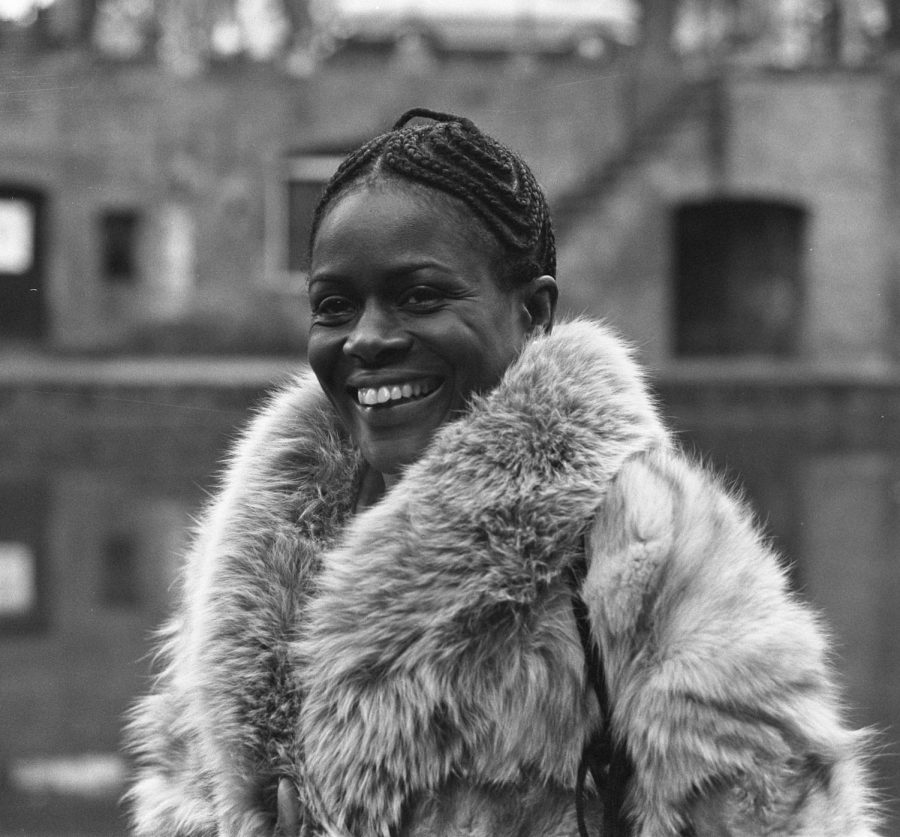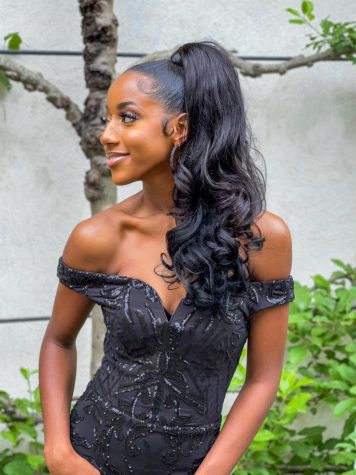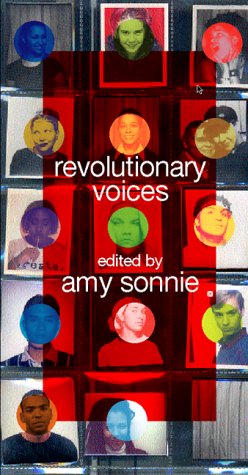Remembering Cicely Tyson
The legendary actress paved the way for other black and brown men and women on the stage
Tyson in 1973. CC0 1.0 Universal (CC0 1.0) Public Domain
Cicely Tyson in 1973
February 11, 2021
Social media was flooded with images of Cicely Tyson on January 28 due to her passing at the age of 96. The hearts of millions of fans around the world shattered from reading the news all over Twitter and Instagram. However, fans of Tyson should mourn her death by remembering her incredible legacy in her personal life, career and as a prominent figure for the Black community.
Tyson was born on December 29, 1924, in New York City, to immigrant parents from the Caribbean Island of Nevis. Tyson’s personality in her adolescent years dramatically changed once she began to grow up.
“I was…shy,” Tyson stated in an interview with Viola Davis. “If I were in a room with you for this length of time, the best you would get out of me was, ‘Hello. How are you? I’m fine, thank you.’”
Additionally, Tyson grew up in a religious household in Harlem, New York. She reminisced about her experience as a “church baby.”
“‘[My siblings and I] performed in church all the time—myself, my sister, my brother. I played the organ, I played the piano, I sang in the choir,” she told Davis.
Cicely Tyson’s mother, Theodosia Tyson, constantly compelled her to be in church, where she began a romantic relationship with the Reverend’s son, Kenneth Franklin. Since the man was a member of the church, Theodosia Tyson approved of his relationship with her daughter. After being together for a while, Cicely Tyson soon realized that she was pregnant with his child at 17, so she and Franklin decided to get married on December 27, 1942.
‘“I…remember that he never proposed to me,’ Tyson recalled, ‘He didn’t need to. Our future had been cemented on the evening he’d lifted my dress.’”
After two years of trying to make her marriage work, Tyson decided to file for a divorce.
At the age of 18, Tyson worked as a secretary. However, she quit her job when she was noticed by a fashion designer from Ebony Magazine. Tyson’s career change resulted in her being ousted from her home due to her mother’s opinion of selecting a “sinful” path.
“It chose me because I was minding my own business when somebody tapped me on the shoulder and said, ‘Do you want to be a model?’ I said I don’t know what that is,” Tyson said. “And they handed me a card and I went to the agency and I was hired.”
Her adventurous decision to begin a career in an unknown field opened new opportunities for her professionally. For example, she was offered one of her first acting roles purely because of her looks. At the casting call, “somebody said, ‘You know they’re looking for a young lady to play the lead role in this independent movie, and you look just like her,’” Tyson told Davis.
She accepted her first role on the spot, and Tyson’s career in acting skyrocketed. She starred in “The Autobiography of Miss Jane Pittman” (1974), “Roots” (1977), “Oldest Living Confederate Widow Tells All” (1994) and many more films, plays and TV series. Due to her groundbreaking roles, Tyson won a total of 49 awards and 52 nominations in the entertainment industry over the course of 70 years.
In addition to her accolades, Tyson also demonstrated empowerment and perseverance for the black community. Tyson was well-known for wearing African turbans and caftan, and her style helped her become a leading figure for the “Black Is Beautiful” movement. According to Smithsonian, the powerful movement “…called for an appreciation of the black past as a worthy legacy, and it inspired cultural pride in contemporary black achievements.”
In addition, she graced the covers of Ebony, Essence and Jet magazines because she was an icon for embracing black beauty, such as her penchant for wearing her hair in an afro hairstyle, which later became a symbol of Black Power as well.
Moreover, Tyson revolutionized the acting world for African-American actors by rejecting roles that demeaned black people. In the 1960s, Tyson was repeatedly asked to be cast as a maid and prostitute. However, she denied them because demoralizing black women was not what Tyson believed in.
In 2013, singer and Vanessa Williams told Essence “She’s our Meryl Streep. She was the person you wanted to be like in terms of an actress, in terms of the roles she got and how serious she took her craft. ”
Millions of households around the world, especially black ones, look upon Tyson as a grandmother figure.
Tyler Perry, the director and producer of the “Madea” franchise, was heartbroken from hearing the saddening news.
“[It] brought me to my knees,” Perry said. “She was the grandmother I never had and the wisdom tree that I could always sit under to fill my cup.”
Tyler Perry on Cicely Tyson’s death
— She was the grandmother I never had and the wisdom tree that I could always sit under to fill my cup.
Tyson was a woman who was filled with ambition and determination. She did not allow the color of her skin, or the problems she faced at home, to deter her from completing several entertainment projects. She helped pave the way for aspiring actors and models by breaking stereotypes, booking jobs and earning awards as a black woman working through the racial injustices and inequities of her time.
In an “Elle” interview, Tyson was asked “When did you know that you’d made it?” She simply replied, “the day I feel that I have ‘made it,’ I’m finished.” Gladly, the world can say that she made it.












